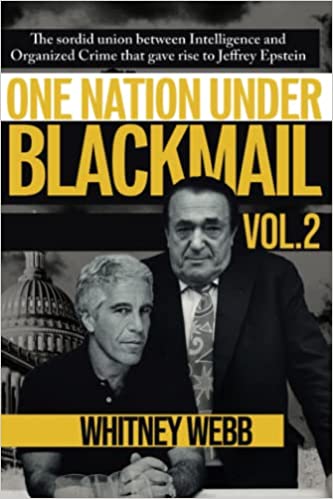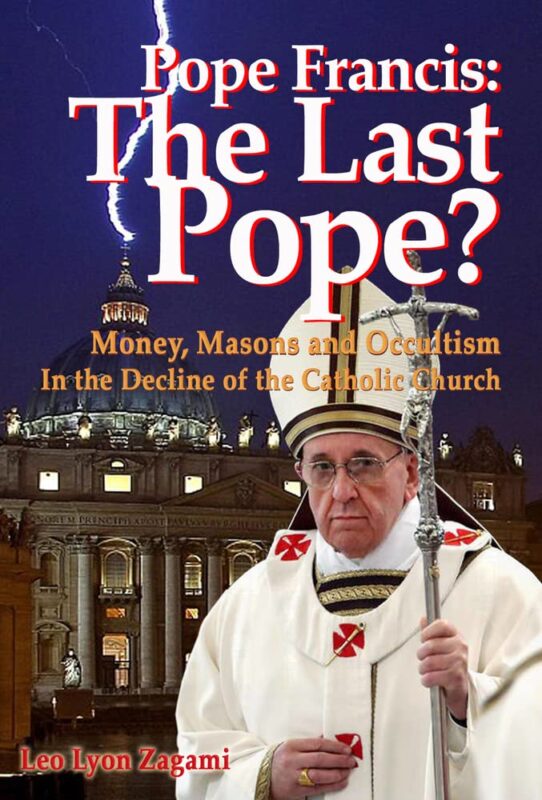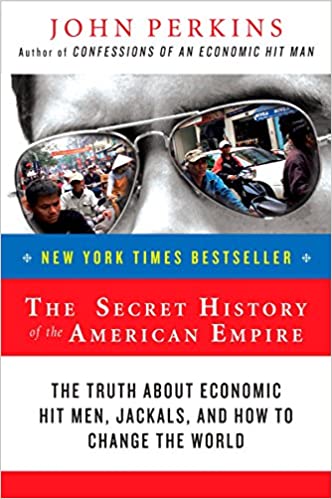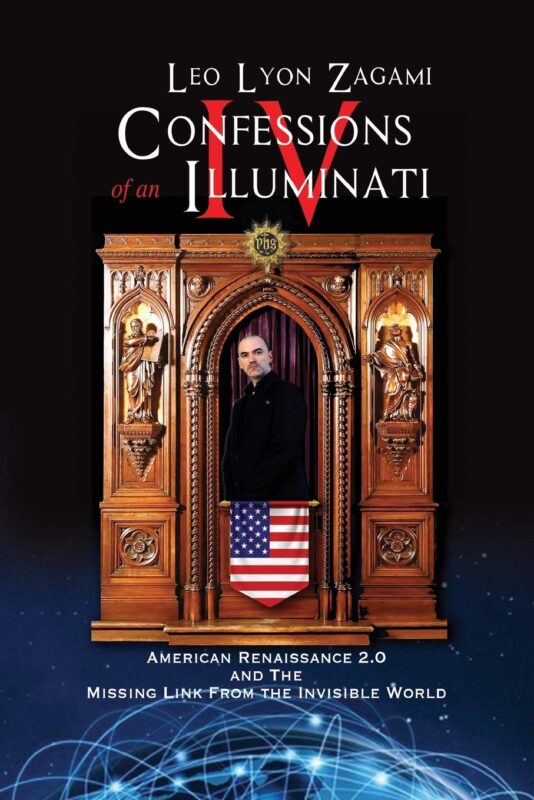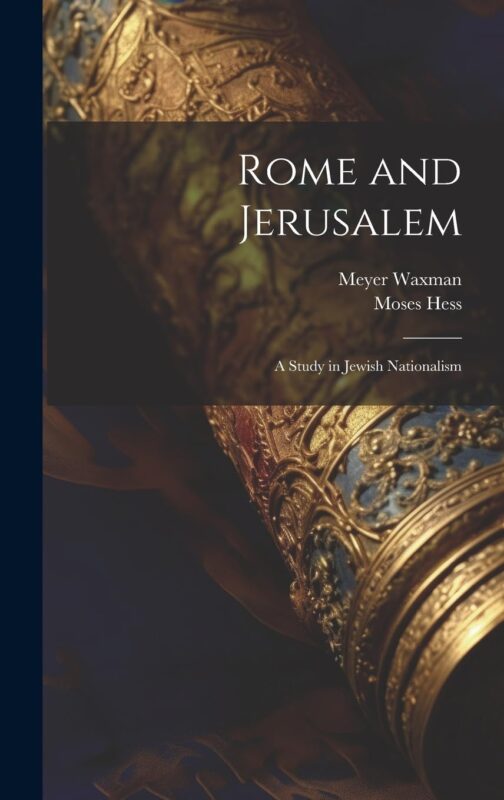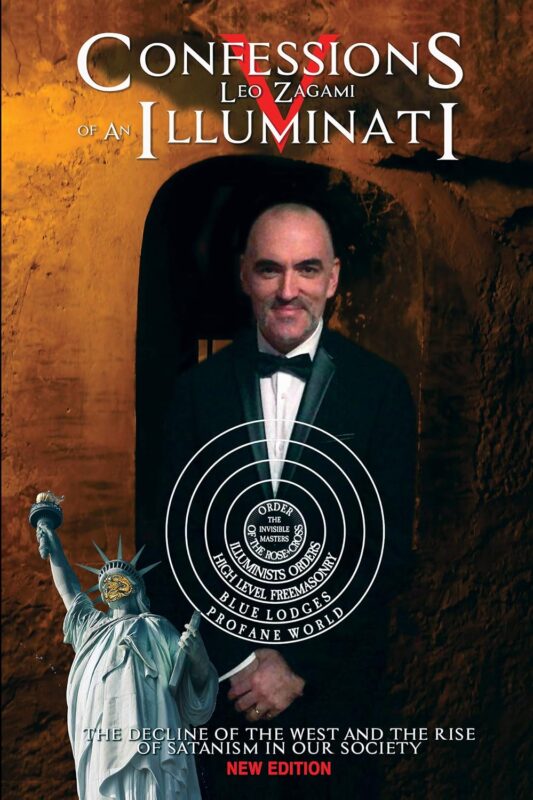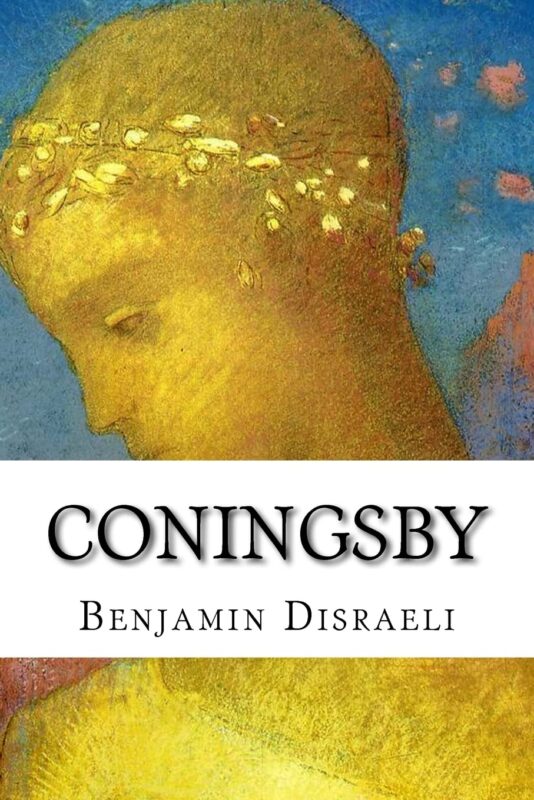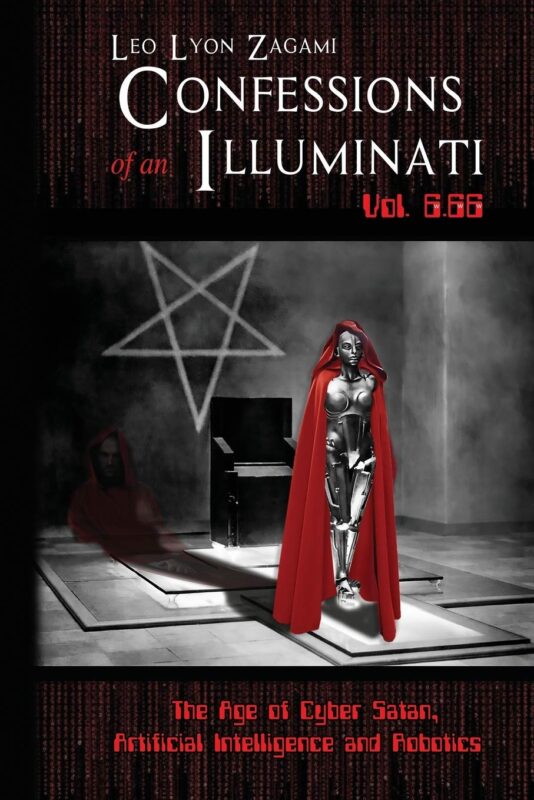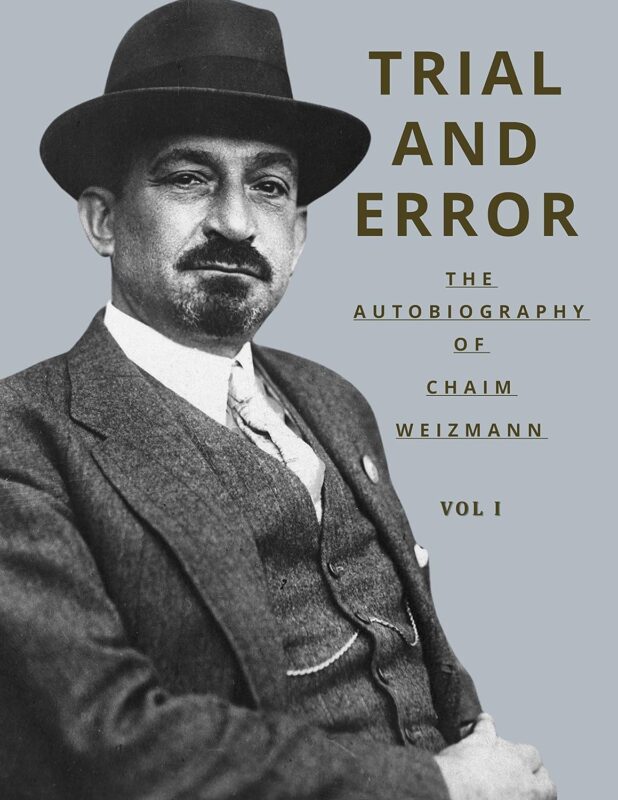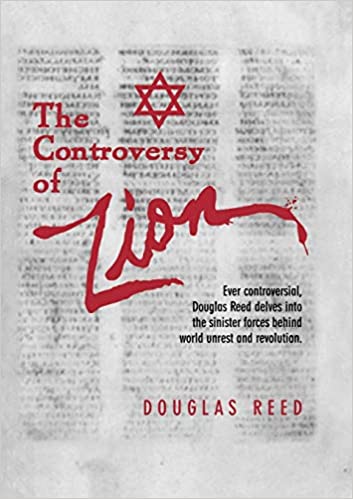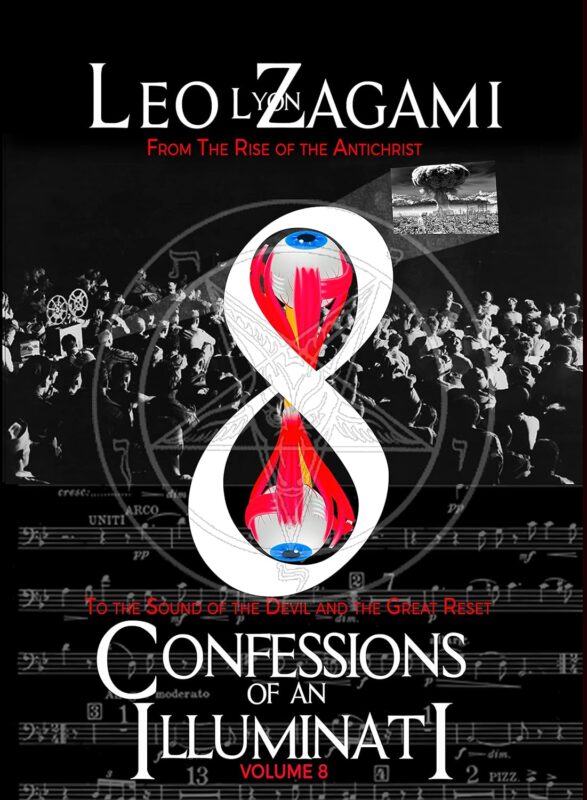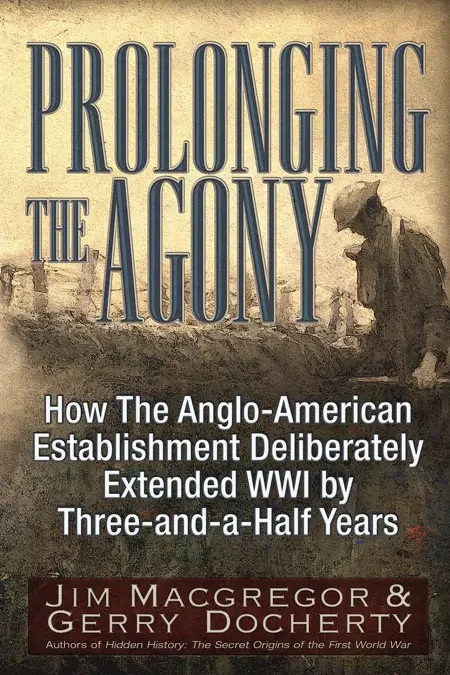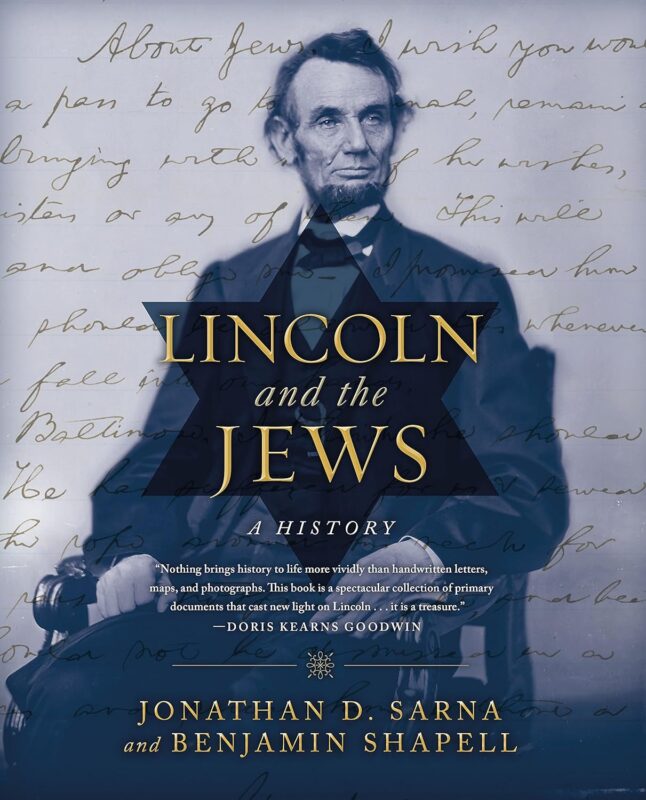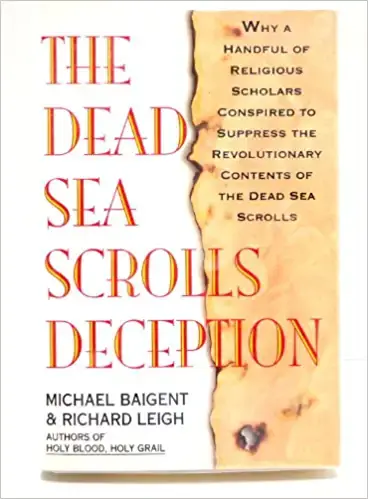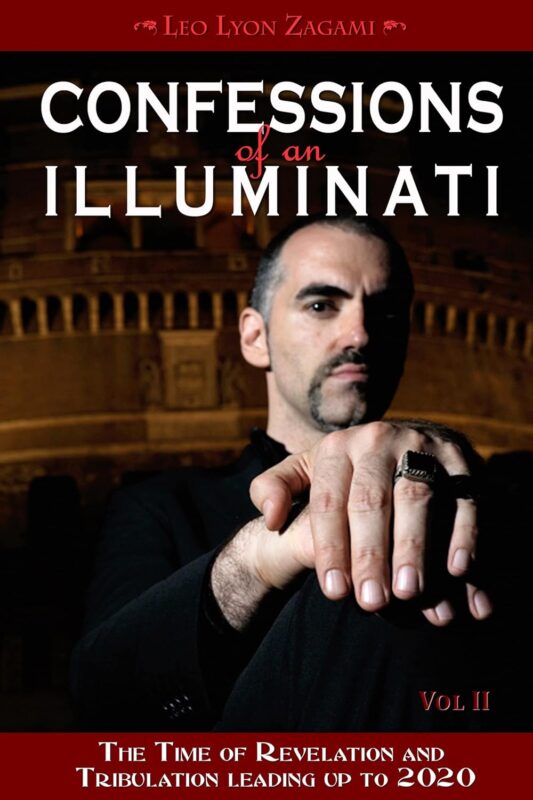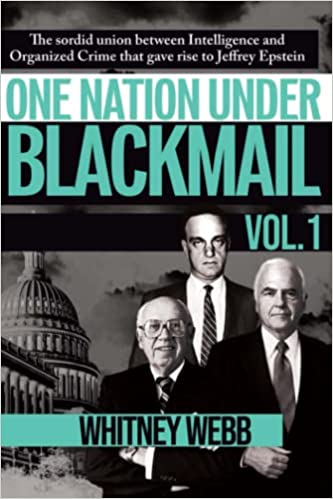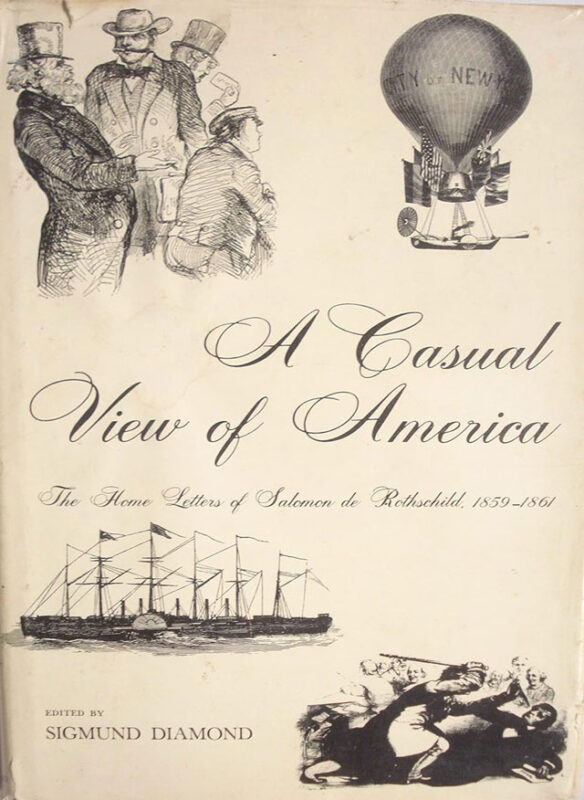
A Casual View of America: The Home Letters of Salomon de Rothschild, 1859–1861 Translated and edited by Sigmund Diamond
(Stanford: Stanford University Press, I 96 1. viii+ 136 pp. Notes and index.$3.75.)
This collection of letters has been translated by Sigmund Diamond from copies (which he suggests are neither correct nor full) in the Bibliothéque Nationale in Paris. He has also provided an introduction and helpful explanatory notes.
Baron Salomon de Rothschild, the correspondent, was a son of Baron James Mayer de Rothschild, head of the Paris branch of the banking house.
Salomon appears not to have been a source of strength to the firm. He gambled, disliked steady work, and it is a question whether he was sent on a business mission or exiled to America. It is also a question, underscored by the deprecatory title given this book, whether his collection of letters about America deserves publication. He was a graceful writer of sharp opinions, but he was more perspicuous than perspicacious.
Young Rothschild visited the United States at a time of crisis, arriving a fortnight after the execution of John Brown and remaining until June, 1861. His letters home arc presented chronologically, grouped in chapters under the rubrics of places from which they were written: New York, Saratoga, Montreal, Newport, Baltimore, Havana, New Orleans, and finally Boulogne. Among other subjects, he wrote about the American character, politics in a democracy, the visits to the United States of the Prince of Wales and the Japanese mission, and the experiences of a traveler in the generally comfortable and even elegant places he visited.
The wealthy Rothschild found an "exaggerated liberty" in the nation. "The word 'liberty' signifies here, as it docs in all democracies, the power
to do all sorts of harmful and annoying things to one's neighbors." He wrote that if he were an American he would be a "Staunch Slavery Man"; believed "that in a state there must be a comb1nation of an irremovable power united with an elective power"; and disfavored universal suffrage, which "confers authority on persons who arc not worthy." He predicted that democracy would not last ; declared that "everything about the Constitution of the United States was wrong"; urged that "all the influence of our family and friends" be used to secure recognition of the Confederacy; upheld the right of secession; and thought the tariff the real reason for secession.
The young baron's opinions appear to have carried weight nowhere; the Rothschilds saw the Erlangers take the Confederate loan (August Belmont...





